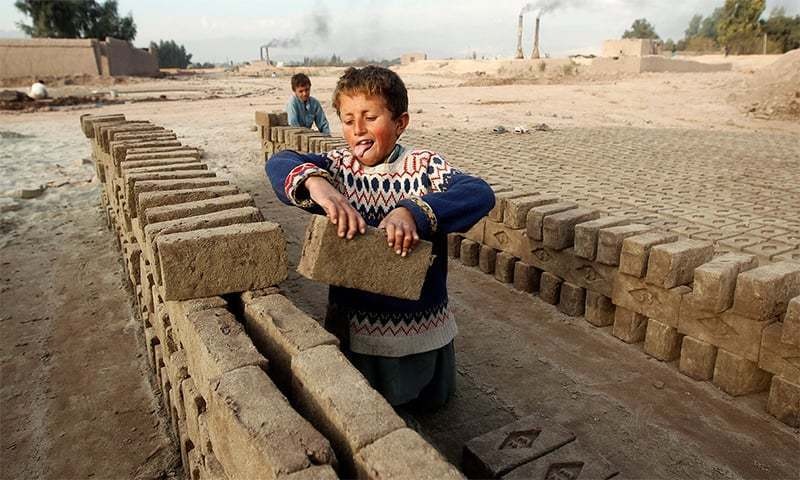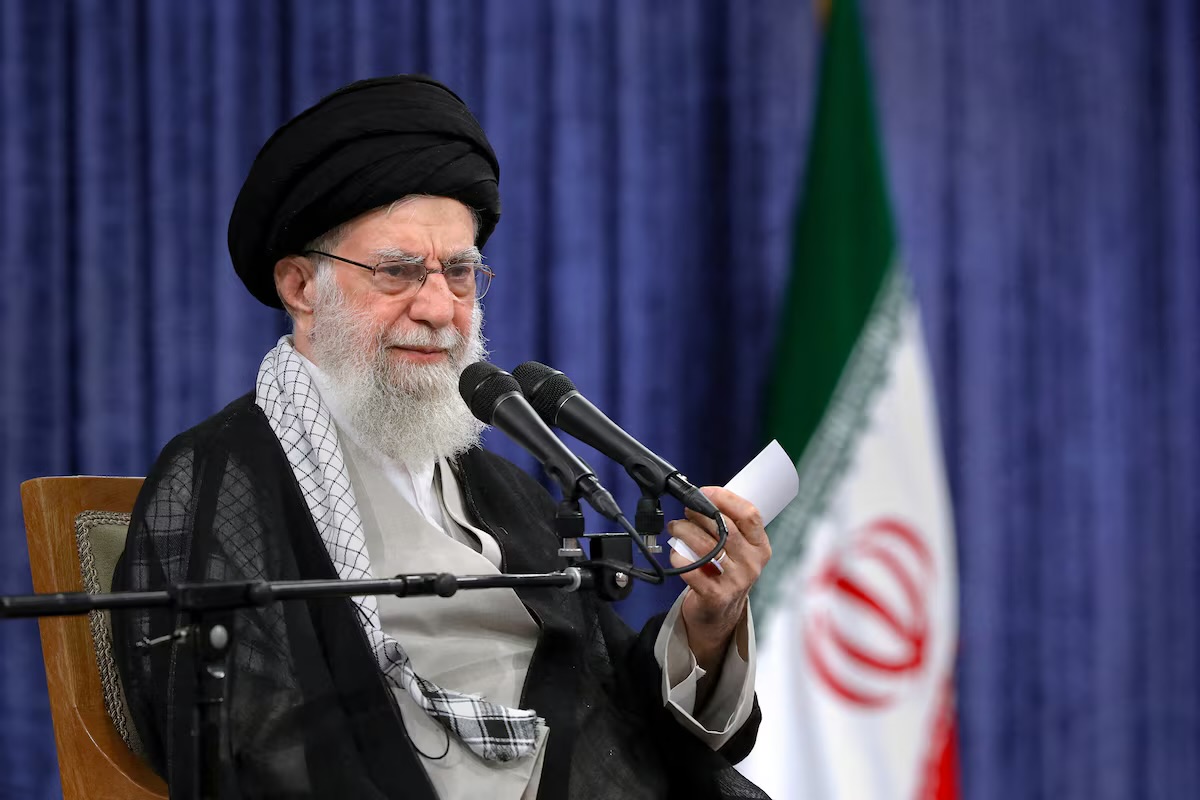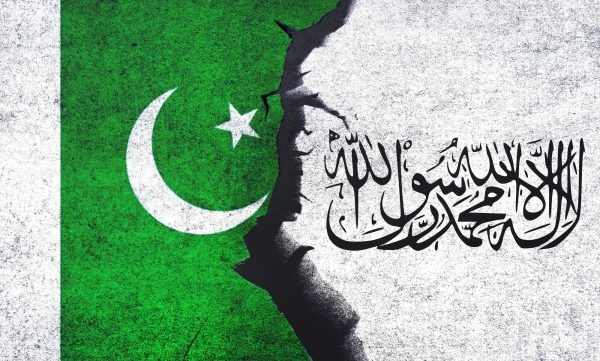By Amna Amir (Pakistan)
Childhood is meant to be a time of play, discovery, and growth. Yet for millions of children in Pakistan, it has become a period defined by toil, exploitation, and lost potential. Child labour remains one of the country’s most urgent social challenges, driven by poverty, lack of access to education, and weak law enforcement. Beyond the visible physical hardship, it leaves lasting scars on children’s mental health and robs them of their future.
According to UNICEF, child labour refers to work that children are too young to perform or that, by its nature or conditions, poses risks to their health, safety, or moral development. While small household tasks can foster responsibility, exploitative labour strips children of their rights and their potential. At its worst, it mirrors modern-day slavery in the form of bonded labour, trafficking, and forced servitude. In Pakistan, the reality is visible everywhere: children stitching footballs in Sialkot, toiling in suffocating brick kilns, working as domestic servants behind closed doors, or selling goods on busy streets. In small garages and workshops, children as young as nine struggle with heavy tools, often shouted at or beaten for mistakes. Many work long hours with little food and receive almost no pay. Each child lost to labour is not only a personal tragedy but also a national failure.
The scale of the problem is alarming. UNICEF estimates that 3.3 million children in Pakistan are engaged in labour, deprived of both education and safe childhoods. Equally troubling is the fact that only a fraction of young children are registered at birth. Without legal proof of age or identity, they remain vulnerable to exploitation, forced labour, and abuse. These numbers reveal how systemic neglect perpetuates cycles of poverty and invisibility for generations.
At the heart of this crisis lies poverty. For families living on the edge of survival, the meagre earnings of a child often determine whether food is placed on the table. Yet this short-term solution deepens long-term misery. Children kept from classrooms grow up uneducated, lacking skills, and confined to low-paying jobs, ensuring that the cycle of poverty continues. Employers exploit this desperation, hiring children because they are cheap, obedient, and unaware of their rights. Unlike adults, children cannot demand fair wages or humane treatment, and in the absence of accountability, exploitation thrives.
Among the most disturbing forms of child labour in Pakistan is bonded labour, especially in brick kilns and agriculture. Families burdened by debt are forced to work indefinitely for exploitative employers, and their children inherit this bondage from as early as five or six years old. Entire generations grow up enslaved, robbed of both education and freedom, with little hope of escape.
The denial of education lies at the core of this crisis. For countless children, labour replaces classrooms, depriving them of the most powerful tool for change. A child who spends long hours at work cannot study effectively, and even those who attempt to balance both inevitably fall behind. Education is not merely about literacy; it is the only real pathway to break free from poverty and exploitation. By denying children this right, society pushes them into a future without opportunity or hope.
The harm caused by child labour goes beyond physical exhaustion. Constant scolding, neglect, and abuse erode children’s confidence and self-worth, leaving deep emotional scars. Many grow up internalising a sense of worthlessness, while their lack of education confines them to menial, exploitative work. Some are driven toward crime or substance abuse, turning what begins as personal tragedy into a wider social crisis.
Addressing this issue requires more than words; it demands action. The Employment of Children Act 1991 prohibits underage employment, yet weak monitoring allows violations to persist. Employers who exploit children must face strict punishment and heavy penalties, and law enforcement agencies must ensure consistent inspections and accountability. Strong enforcement is essential if child labour is to be reduced.
Equally important is addressing the root causes. Poverty alleviation must go hand in hand with access to education. The state must provide free or affordable schools, ensure compulsory attendance, and support families so that poverty cannot be used as an excuse to send children to work. Expanding birth registration campaigns can further protect children from underage labour and exploitation.
Ultimately, child labour is not just an economic challenge but a moral crisis. Every child who works instead of learning reflects a collective failure of society to protect its most vulnerable members. Pakistan cannot move forward while millions of its children remain trapped in exploitation, denied education, and stripped of their future. The choice is stark: either continue to ignore the silent suffering of these children or act decisively to safeguard their right to education, dignity, and a safe childhood. The future of the nation depends on the choice we make today.





